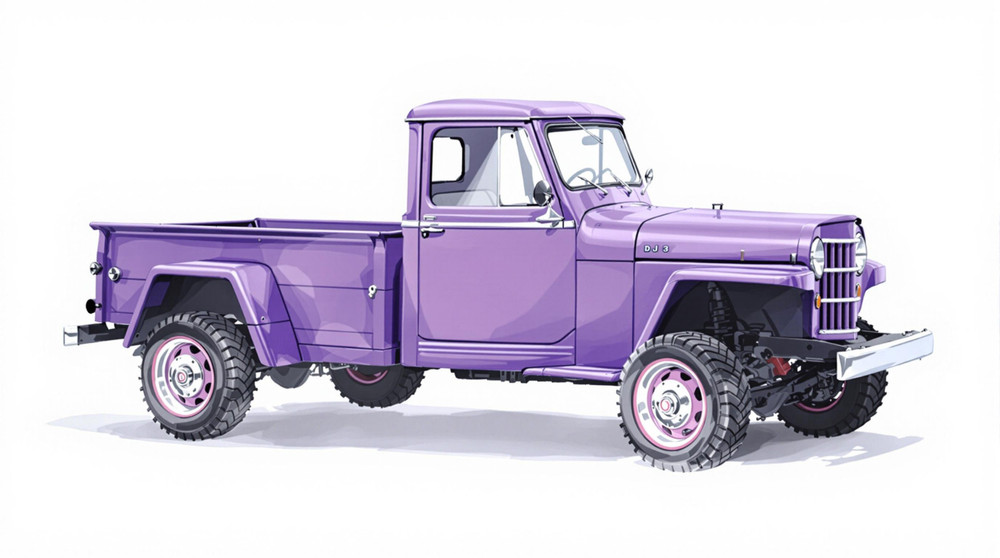Image of 1960 Jeep Dj3, Note: These illustrations use artistic license and may differ from actual historical models.
Performance Metrics
Fundamental Metrics
Emotional Appeal
MMP Rating
| Engine Specifications | |
|---|---|
| Engine: | Inline-4 |
| Displacement: | 134 cu in (2.2 L) |
| Horsepower: | Estimated 60-75 hp |
| Torque: | 114 lb-ft |
| Compression Ratio: | Estimated 7.5:1 |
| Ignition System: | Distributor and coil |
| Cooling System: | Liquid-cooled |
| Performance Specifications | |
| 0-60 Time: | Information not available |
| 1/4 Mile Time: | Information not available |
| Top Speed: | Estimated 60 mph |
| Transmission and Drive | |
| Drive Type: | Rear-wheel drive |
| Transmission Type: | 3-speed manual |
| Fuel and Efficiency | |
| Fuel System Type: | Carburetor |
| MPG: | Estimated 15-20 mpg |
| Dimensions and Brakes | |
| Brakes: | Drum brakes |
| Wheelbase: | 81 in |
| Weight: | Estimated 2,200 lbs |
Note: Specifications for classic cars are given to the best of our ability, considering the limited and variant data available.
The Unassuming Icon: 1960 Jeep DJ3
When the 1960 Jeep DJ3 rolled off the production line, it was more than just a vehicle; it was a statement of simplicity and utility. Born from a lineage of wartime workhorses, the DJ3, or Dispatcher Jeep, was manufactured by Willys-Overland and later by Kaiser Jeep. Its origin traces back to the rugged military Jeeps of World War II, but this model was designed for more peaceful pursuits.
One unique fact that sets the DJ3 apart is its adaptation for postal service use in the United States, making it an integral part of American history. This little Jeep not only delivered letters and packages but also delivered a sense of reliability and service to communities across the nation.
Design and Innovation
The exterior of the 1960 Jeep DJ3 boasted a utilitarian design that was both charming and functional. Its flat, vertical grille with round headlights gave it a friendly face, while the compact body made it perfect for navigating narrow city streets or rural routes. Inside, the DJ3 was spartan, with a focus on durability over luxury. The materials used were robust and easy to clean, reflecting its work-oriented nature.
For its time, the DJ3 was innovative in its simplicity. It lacked the complex technological features of modern vehicles but made up for it with straightforward mechanics that were easy to understand and fix. Color options were generally limited to practical hues, with Forest Green being a popular choice among postal service models. The most iconic body style was the soft-top convertible, which allowed for easy access to mailboxes without leaving the vehicle.
Historical Significance
The 1960 Jeep DJ3's impact on automotive design was subtle yet significant. It demonstrated that a vehicle could be both minimalistic and immensely useful, influencing the design of utility vehicles for decades. Its no-frills approach to transportation set it apart from contemporaries that often prioritized style over substance.
Performance and Handling
Performance-wise, the DJ3 was not built for speed; its top speed and acceleration were modest by today's standards. However, its handling was where it shined, capable of tackling uneven terrain and tight corners with ease. The driving experience was raw and engaging—the hum of the engine and the direct feedback from the road created a connection between driver and machine that is often lost in modern vehicles.
Ownership Experience
The Jeep DJ3 was commonly used as a delivery vehicle but also found its way into private hands as a daily driver or even a show car due to its distinctive look. Its reliability was one of its strong suits, with maintenance being relatively straightforward for the average owner. Parts were readily available, and its mechanical simplicity meant that many repairs could be DIY projects.
Fun Facts
A few fun facts about the 1960 Jeep DJ3 include its occasional use by celebrities on their private estates and its cameo appearances in period films and television shows. While not known for breaking speed records, it held a record of sorts for dependability in public service.
Collector's Information
Today, the value range for a well-preserved 1960 Jeep DJ3 can vary widely. With production numbers not as high as some mass-produced cars of the era, finding one in good condition can be a challenge. A rough estimate would place these vehicles in the $10,000 to $20,000 range depending on condition and originality, with values appreciating as interest in unique vintage utility vehicles grows.
Conclusion
The 1960 Jeep DJ3 may not have been the fastest or most luxurious vehicle of its time, but its contribution to automotive history is undeniable. It combined functionality with a distinctive style that continues to capture the hearts of collectors and enthusiasts alike. As we look back at this humble yet iconic vehicle, we are reminded that sometimes, simplicity is the ultimate sophistication.
1960 Jeep Dj3 Catalog of Parts
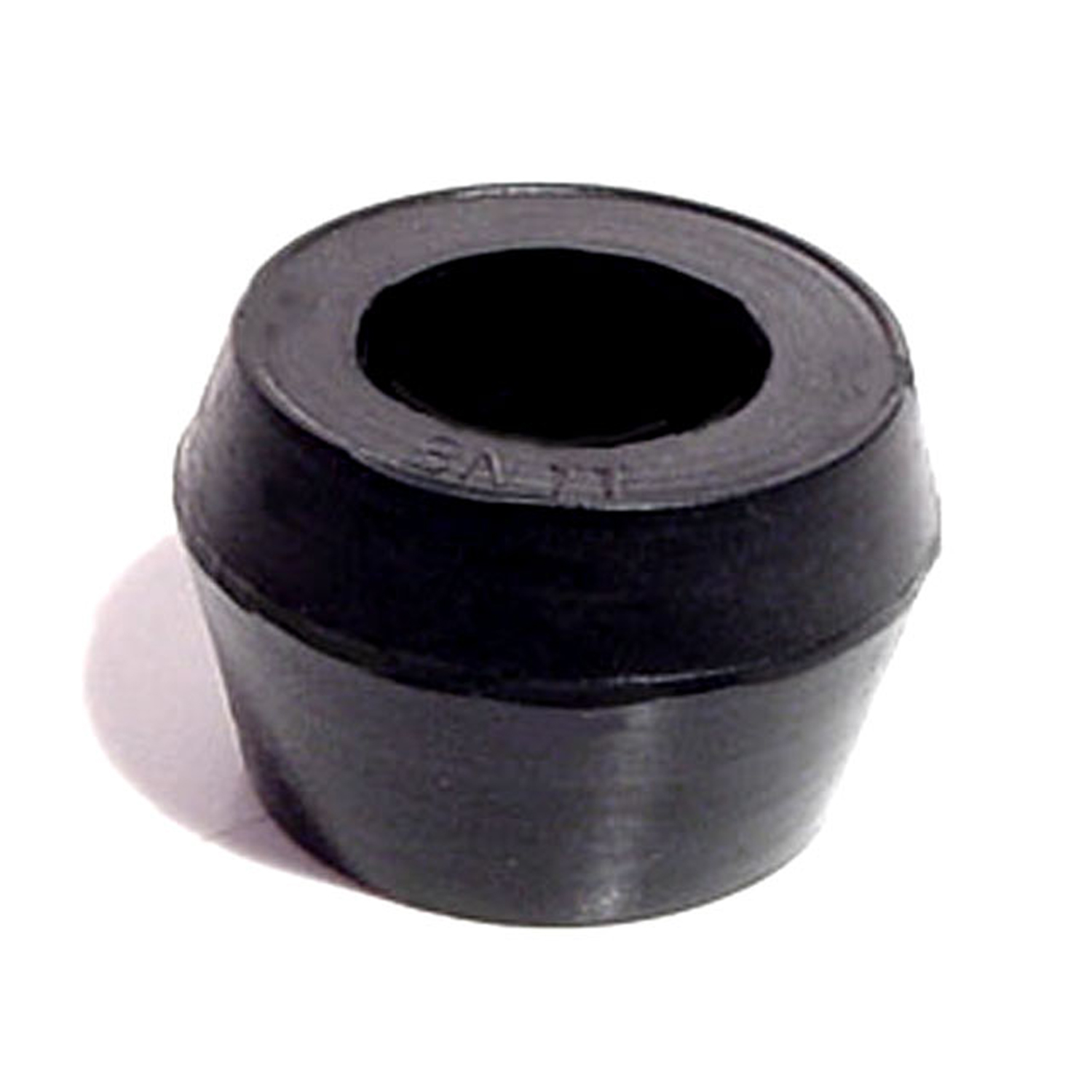 1960 Jeep DJ3 Shock Absorber Grommet. 1" bottom O.D-BN 11Shock Absorber Grommet. 1" bottom O.D., 3/4" high, with 5/8" I.D. Each
1960 Jeep DJ3 Shock Absorber Grommet. 1" bottom O.D-BN 11Shock Absorber Grommet. 1" bottom O.D., 3/4" high, with 5/8" I.D. Each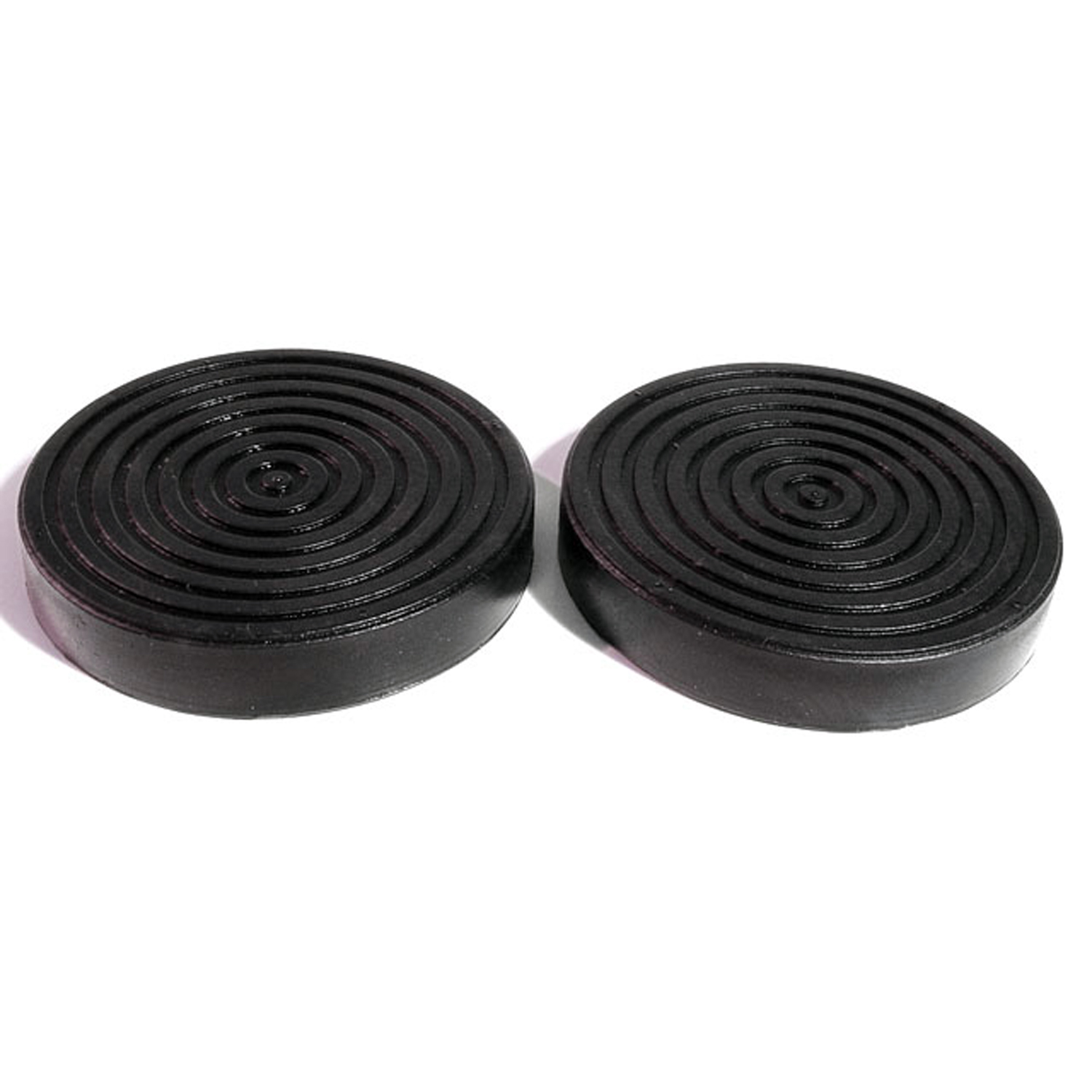 1960 Jeep DJ3 Clutch and Brake Pedal Pads. 3" Diameter. Pair-CB 61Clutch and Brake Pedal Pads. 3" Diameter. Pair
1960 Jeep DJ3 Clutch and Brake Pedal Pads. 3" Diameter. Pair-CB 61Clutch and Brake Pedal Pads. 3" Diameter. Pair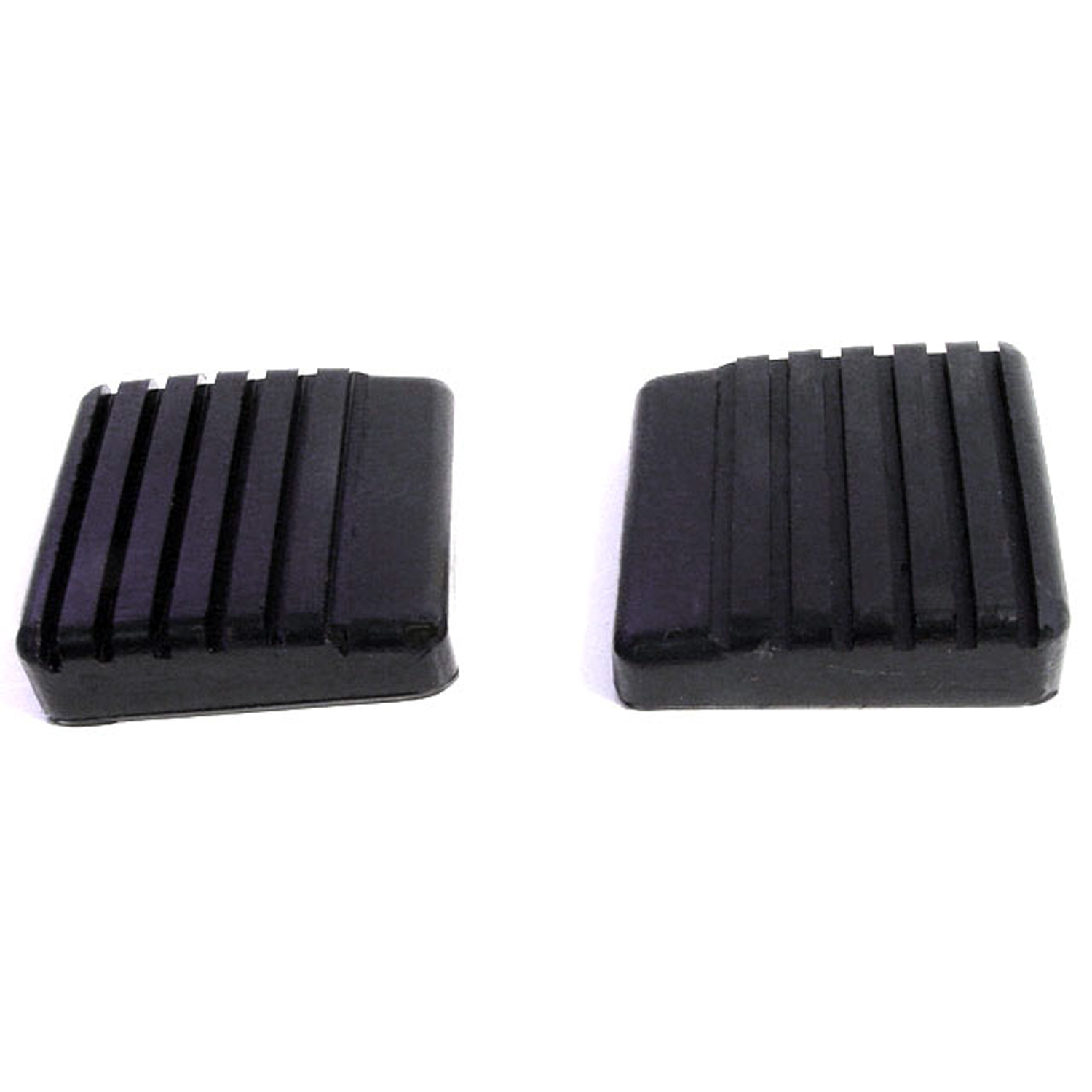 1960 Jeep DJ3 Clutch and Brake Pedal Pads. Pair-CB 61-BClutch and Brake Pedal Pads. Pair
1960 Jeep DJ3 Clutch and Brake Pedal Pads. Pair-CB 61-BClutch and Brake Pedal Pads. Pair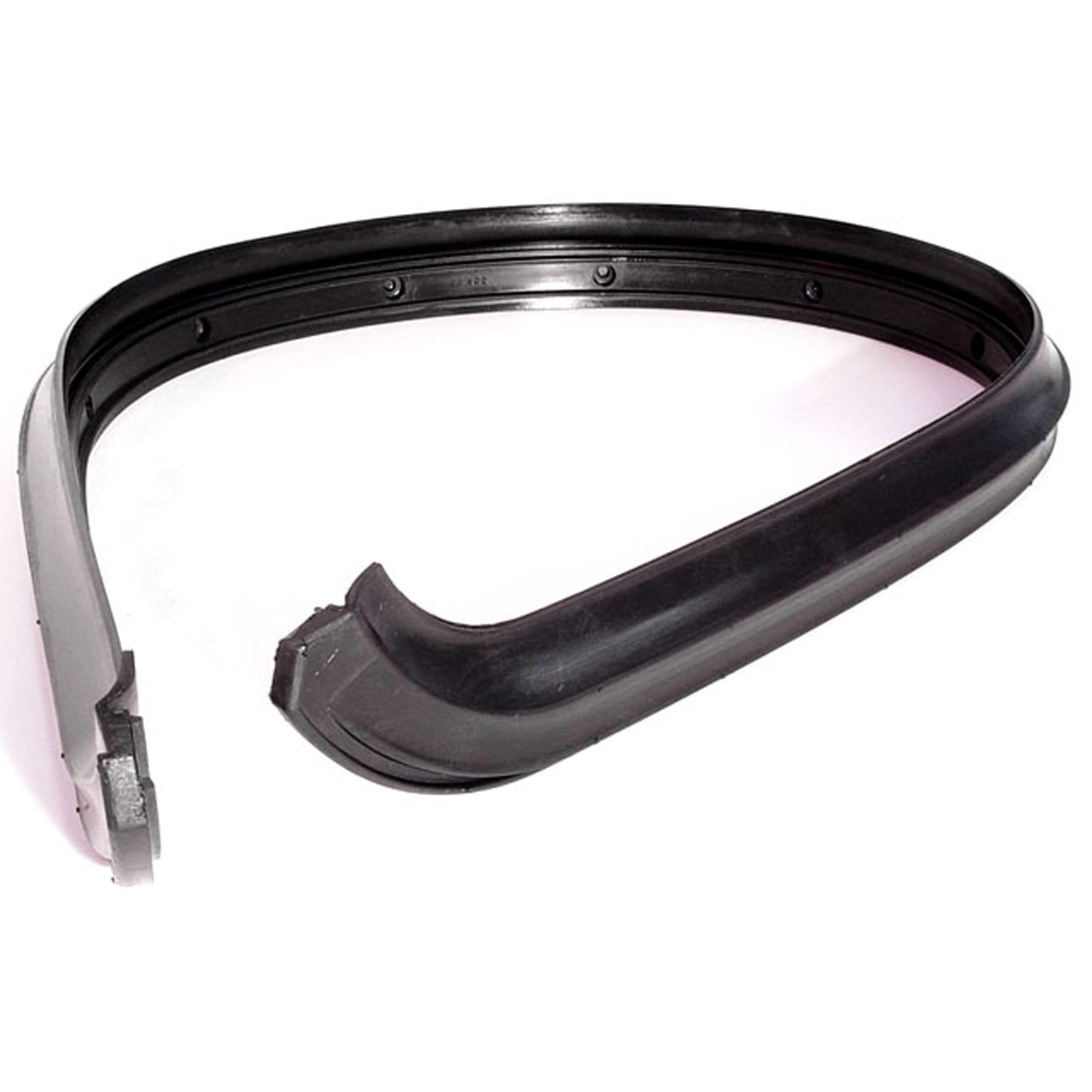 1960 Jeep DJ3 Windshield to Cowl Seal. 55-1/2" long. Each-CS 102Windshield to Cowl Seal. 55-1/2" long. Each
1960 Jeep DJ3 Windshield to Cowl Seal. 55-1/2" long. Each-CS 102Windshield to Cowl Seal. 55-1/2" long. EachWhy Choose Metro?
For over 100 years, Metro Moulded Parts has been the pinnacle of quality in classic car restoration parts. Our commitment to precision and authenticity in every component ensures a perfect fit and an OEM-level appearance.
- Expert Craftsmanship & Quality: Each part is a testament to our dedication to reliability and perfection, crafted from original designs and thoroughly tested.
- Advanced Technology: We use cutting-edge techniques to create flawless, long-lasting parts that surpass others in performance.
- SuperSoft Sponge – The Ultimate Door Seal: Not only are our door seals 30% softer than competitors', but they're also guaranteed to never leak. They effectively reduce wind and road noise, enhancing your classic car's comfort and driving experience.
- Proudly American: Our parts are a product of American craftsmanship, made in the USA with a spirit of excellence and heritage.
- Unrivaled Warranty: We back our products with a 30-year industry-leading warranty, a testament to our confidence in their quality.
Join us in preserving the legacy of classic cars with parts that are crafted for perfection, not just made.

